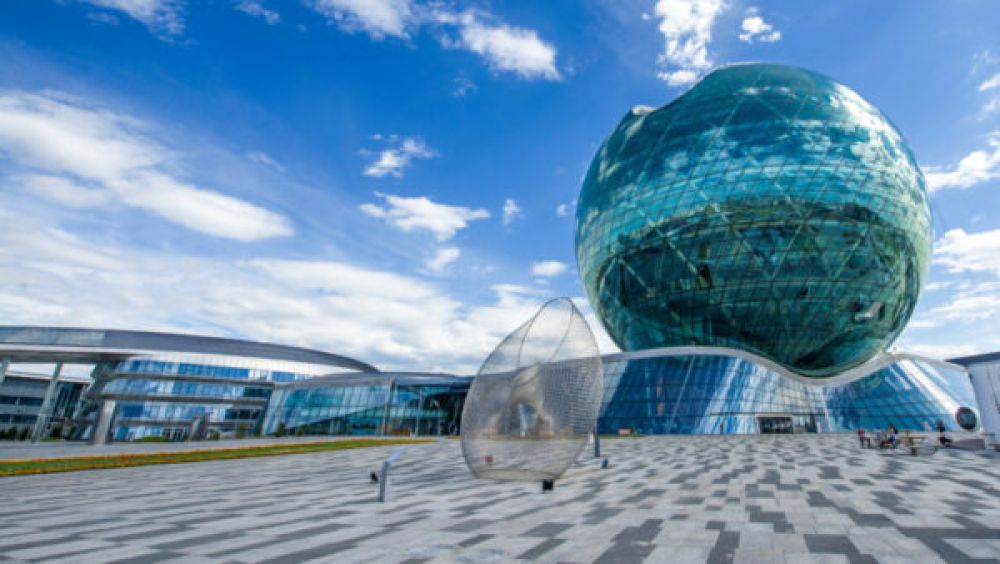

Karaganda, Kazakhstan, has long been known for its rich industrial history, once thriving as a coal mining center. While its industrial past attracted a specific type of traveler interested in the Soviet heritage and the industrial development of Kazakhstan, tourism in the region has evolved over the years. Acknowledging the importance of preserving not only its past industrial might but also its natural beauty, educational institutions like the Karaganda Ecological Museum have emerged as significant attractions.
Tourism in Karaganda didn't bloom until the post-Soviet era, as Kazakhstan sought to open its doors to the world and diversify beyond its heavy industry roots. While initially focusing on the vast, untouched landscapes and cultural sites, tourism gradually began to encompass various facets of the Karagandan identity, including its ecological aspects.
The establishment of the Karaganda Ecological Museum is a landmark in the city’s touristic development. The museum was inaugurated with an aim to educate visitors about the region's ecosystem, promote environmental awareness and showcase the biodiversity of Kazakhstan. Since its opening, it has become an instrumental part in raising knowledge about ecological issues amongst locals and tourists alike.
The museum offers a variety of exhibits that cover a range of environmental topics, from local wildlife conservation efforts to global ecological challenges. Visitors can engage with interactive displays, attend educational workshops, and participate in guided tours that provide deeper insight into the region’s ecosystem.
Ecotourism has become a significant trend worldwide, and Karaganda has responded by promoting attractions like the Ecological Museum. In recent years, the region has seen an increase in tourists seeking educational and eco-friendly travel experiences, further boosting the museum's importance.
Furthermore, with the advent of sustainable tourism practices, the museum has also adapted by implementing measures to reduce its carbon footprint and promote conservation efforts. This alignment with global tourism trends has made it a leader in the local industry and an example for other attractions.
For those interested in visiting the Karaganda Ecological Museum, it is advisable to check the latest opening hours and any pandemic-related guidelines that may be in place. The museum usually offers resources in both Kazakh and Russian, and it is recommended to arrange for an English-speaking guide should you need one. Additionally, the museum's location in central Karaganda makes it an accessible destination for those interested in combining their ecological exploration with other sites of interest within the city.
Thanks to its innovative approach to environmental education and its standing as a tourism highlight in Karaganda, the Karaganda Ecological Museum is sure to remain a significant destination for eco-conscious travelers and those interested in the natural heritage of Kazakhstan.